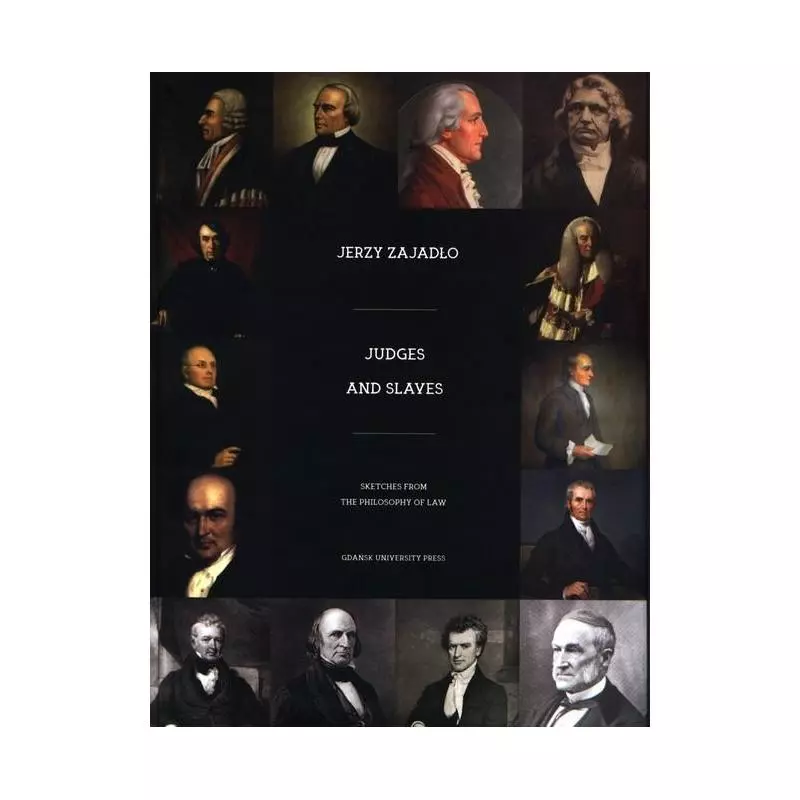
search
Udostępnij

Wydawnictwo Uniwersytetu Gdańskiego
9788378658900
17 x 22
288
Angielski
twarda
The central concerns of this study are court cases and the verdicts of the judges invo!ved in them. Its uniąueness in Poland resides in thefact that the author does not resthct himselfin his narrative to a presentation of judges' views, but concentrates on court rulings. It, thus, brings Polish readers close to the essence of American jurisprudence. (...)
The central concerns of this study are court cases and the verdicts of the judges invo!ved in them. Its uniąueness in Poland resides in thefact that the author does not resthct himselfin his narrative to a presentation of judges' views, but concentrates on court rulings. It, thus, brings Polish readers close to the essence of American jurisprudence. (...) Jerzy Zajadło convincing!y demonstrates the role ofideology, mostly that of natur al law, in slave cases heard in court, introducing thereby the exceptionally important concept of "judicial disobedience." Further, the author shows how very often the issue ofslavery was only marginal - fundamentally, it was a matter of the interpretation ofthe Constitution (...). From this perspective, I see the main merit of Professor Zajadło's work in the fact that it is basically a book about the law's conservatism and about conflicts between the law and morality. Laws of naturę, customs, and interests all come into play, which, as a result, leads to a conflict between positive law and the morał reąuirement of disobedience. In Zajadło's book, the dilemmas ofthe judge's conscience are analyzed from all sides. Professor Wiktor Osiatyński

Niedostępny
Darmowa dostawa już od 100 zł
Zamów tel.: tel.: 508768309 (Kamila)
Pon. – Pt. 8:00 – 15:00





